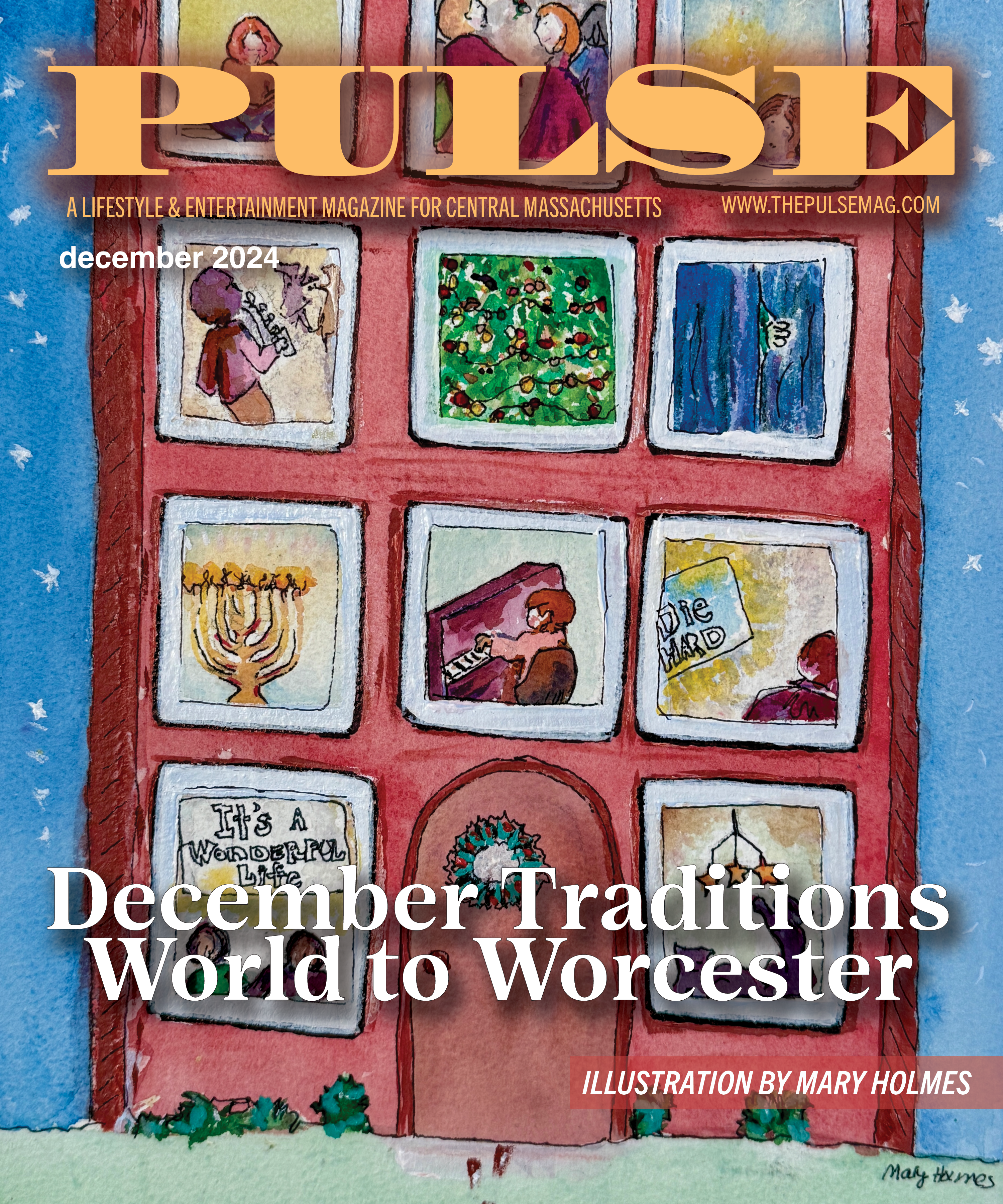By Stephanie Monahan
 Sylvia Plath was only 30 when she committed suicide in 1963. Her story has been told in movies and books. A gifted writer who seemed to have it all ~ a successful literary career, a husband and two kids ~ was, in fact, haunted by her own dark thoughts. Andrew Wilson’s new biography takes a look at Plath’s life before she was any of those things, at her life before she met her husband, the poet Ted Hughes.
Sylvia Plath was only 30 when she committed suicide in 1963. Her story has been told in movies and books. A gifted writer who seemed to have it all ~ a successful literary career, a husband and two kids ~ was, in fact, haunted by her own dark thoughts. Andrew Wilson’s new biography takes a look at Plath’s life before she was any of those things, at her life before she met her husband, the poet Ted Hughes.
Many people blamed Hughes for Sylvia Plath’s spiral into suicide. They had a volatile relationship, and he left her for another woman a few months before her death. However, Wilson explores the troubles that had tormented her since her childhood, growing up in Shirley, then in Wellesley. When she is 8, her father dies. At 14, she begins to cut herself and battle with bouts of depression. She keeps a diary and writes poetry, much of which explores the dark themes for which she later becomes famous. Wilson reveals a young Plath that is anxious, a perfectionist and already using sleeping pills at 17.
Plath also struggles with a fact she can’t change: She is a woman in the 1950s, and this comes with certain expectations. She’s supposed to get married and have kids, a life she dreads even as a teen. She craves freedom in all aspects of her life; she wants to go to college and be a writer. In 1950, she becomes a freshman at Smith. But living her dream isn’t enough to calm the relentless voices in her head: “If I read, if I think inward, I go mad.” Plath’s first thoughts of suicide rattle their chains.
Years later, Plath undergoes electroshock therapy in an attempt to cure her depression. It seems to work, but only for a short time. She is manic one minute, completely checked out the next. Her classmates begin to believe she has a split personality or is schizophrenic. Though no one knows exactly what is wrong, she suffers throughout her college years and after she is married and becomes a mother. A few days before her suicide, she writes a poem that opens: “The woman is perfected/ Her dead body wears the smile of accomplishment.”
Wilson’s book dives deep into these topics ~ a great read for fans of Sylvia Plath. If you are not familiar with her, you can read a fictionalized version of her life in her novel, The Bell Jar, which chronicles a college-aged girl’s decent into mental illness and has one of my favorite opening lines of all time: “It was a queer, sultry summer, the summer they electrocuted the Rosenbergs, and I didn’t know what I was doing in New York.”
For more information, visit andrewwilsonauthor.co.uk. You can read “Mad Girl’s Love Song,” which appeared in Mademoiselle in 1953 and inspired the title of this book at hellopoetry.com/poem/mad-girls-love-song/






